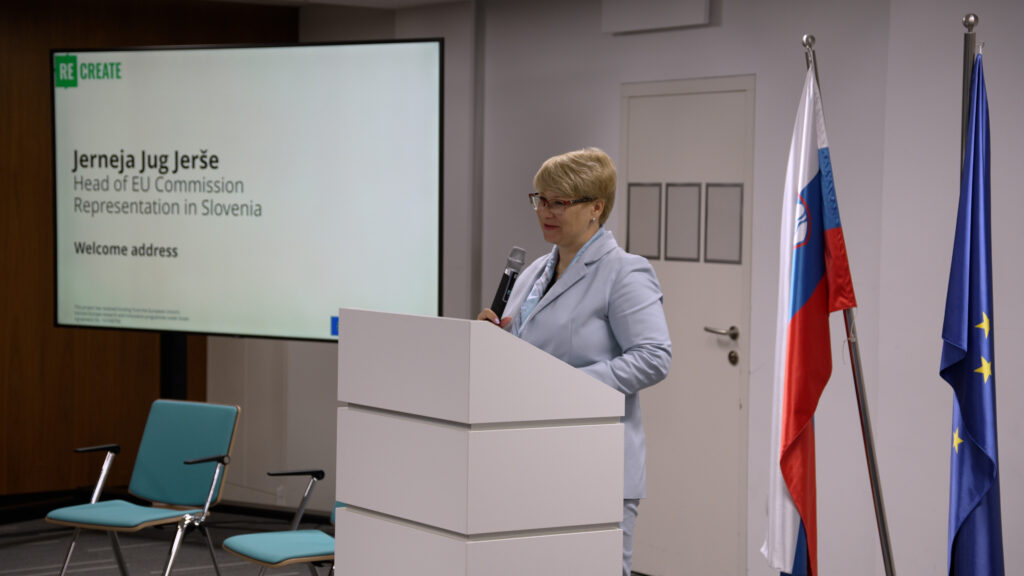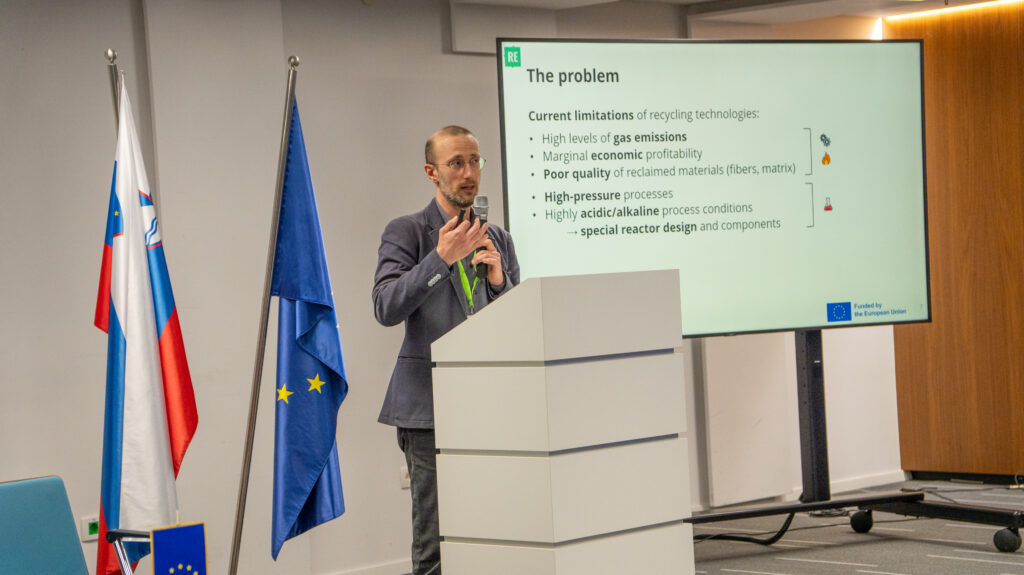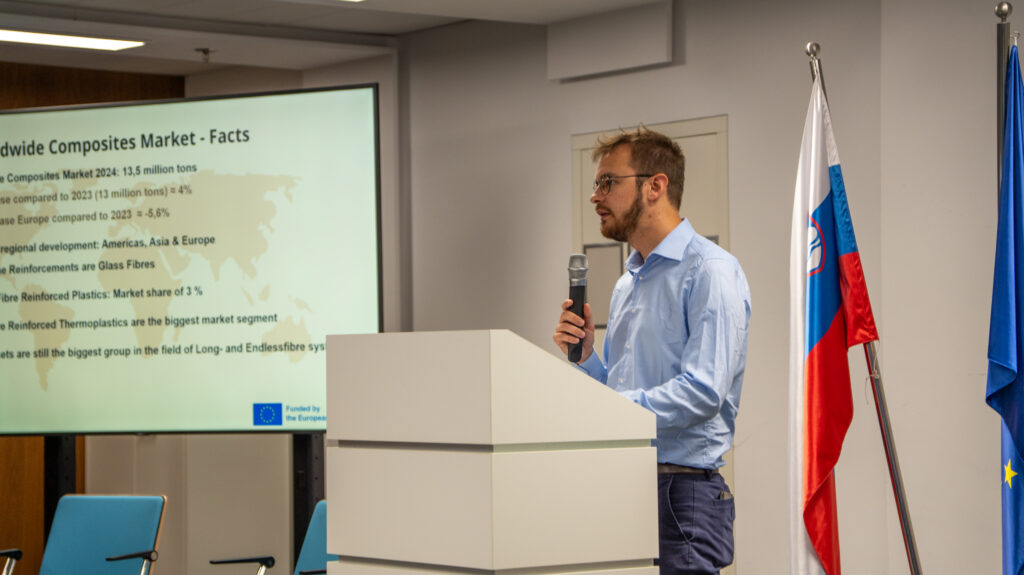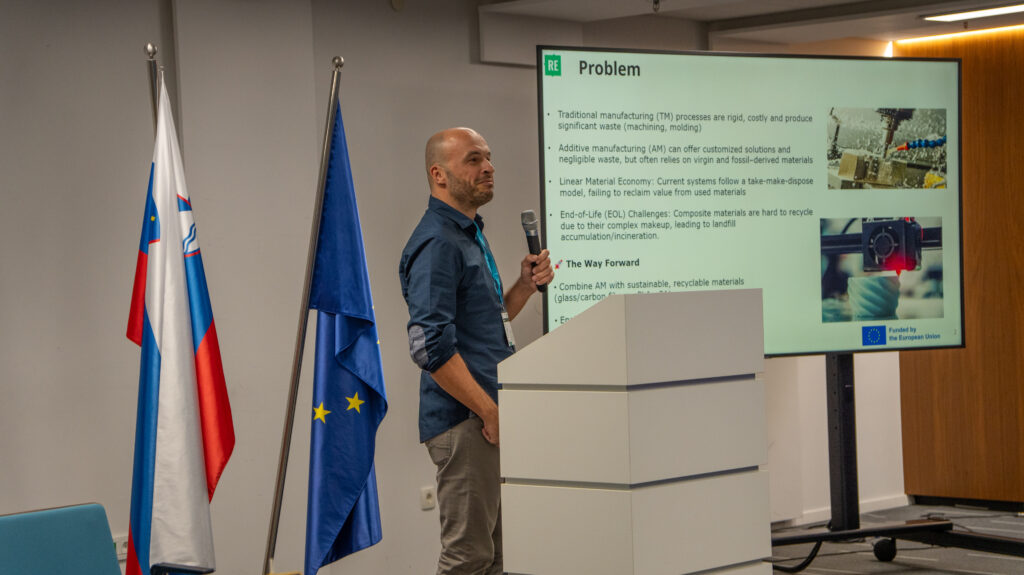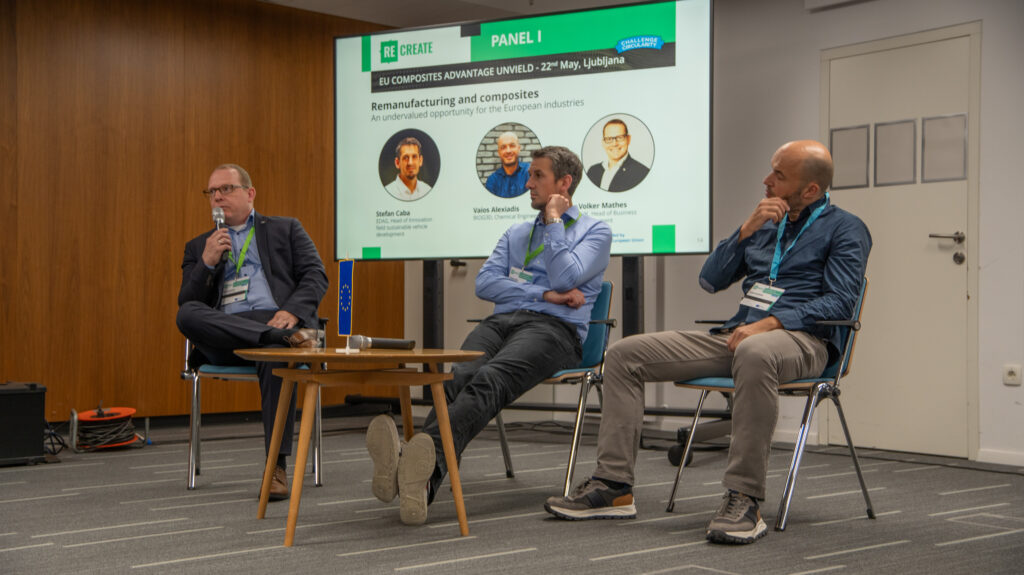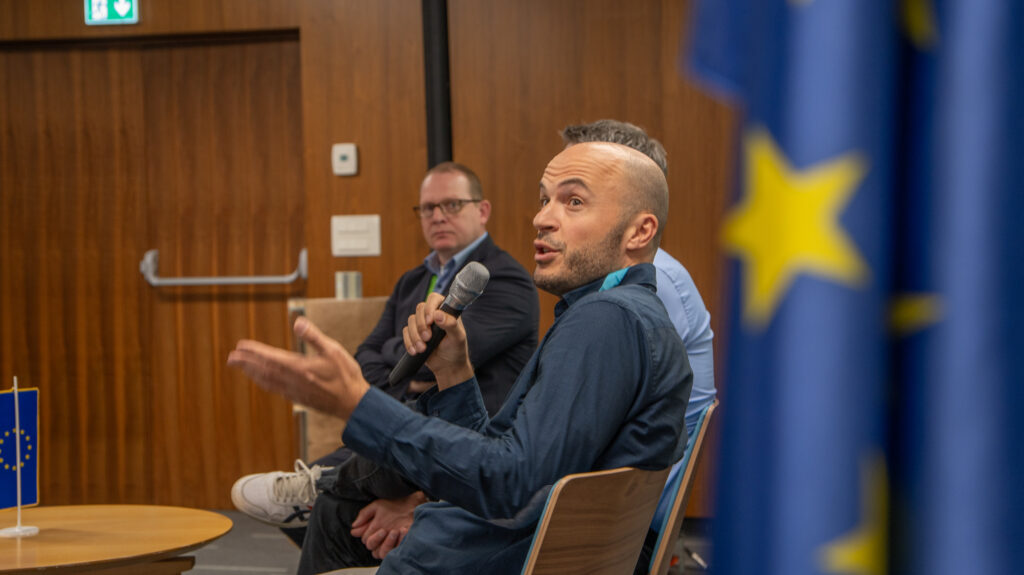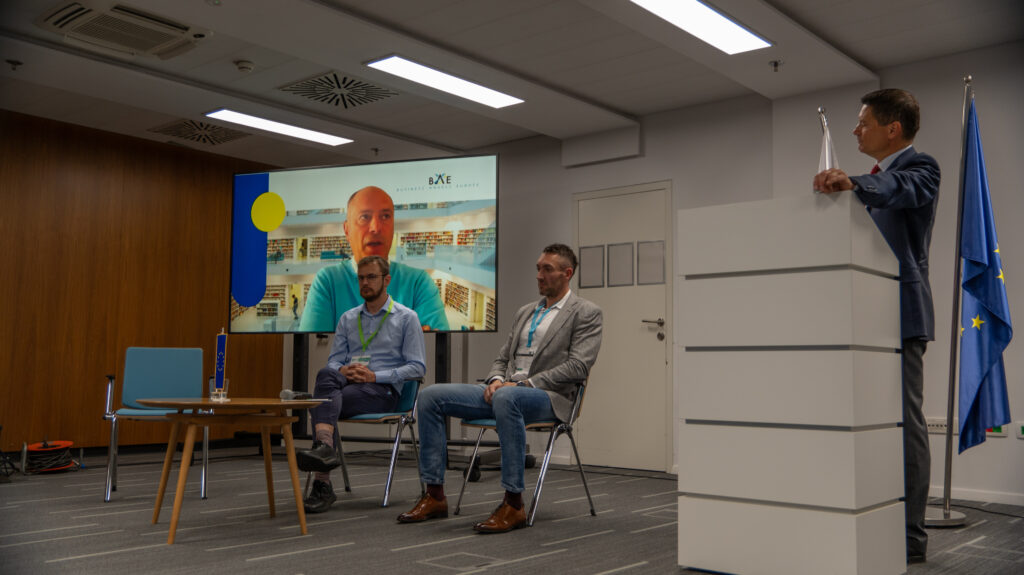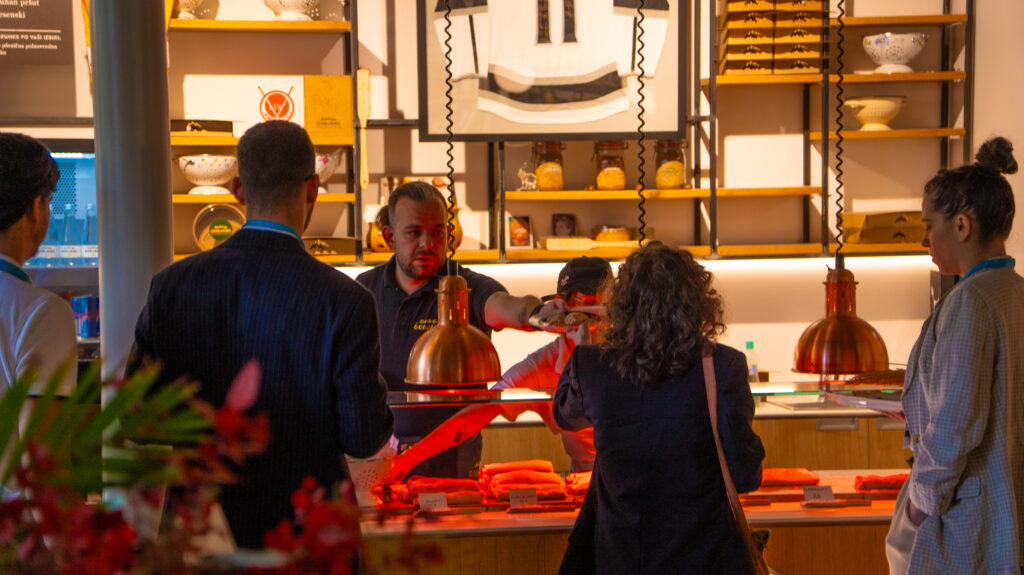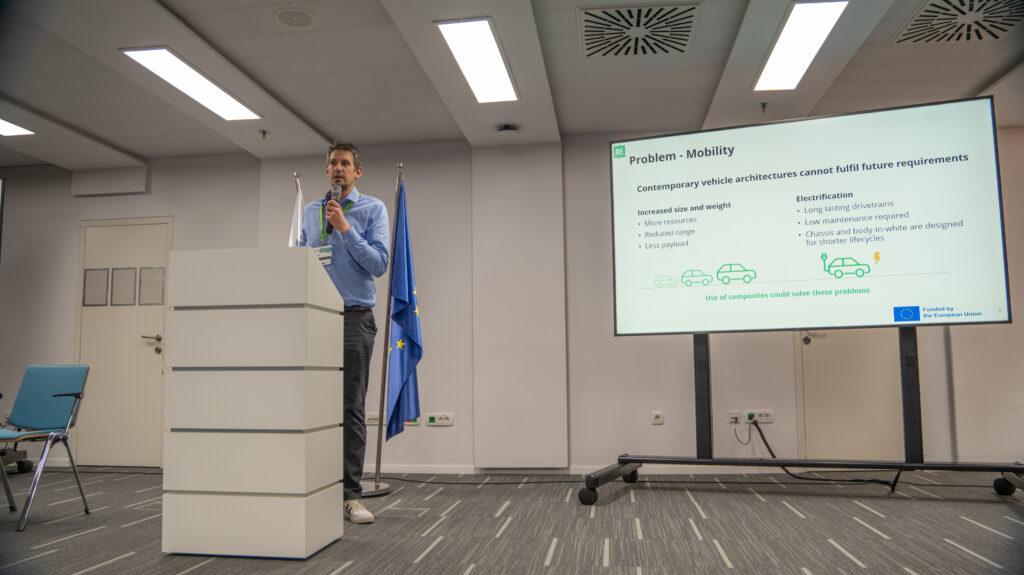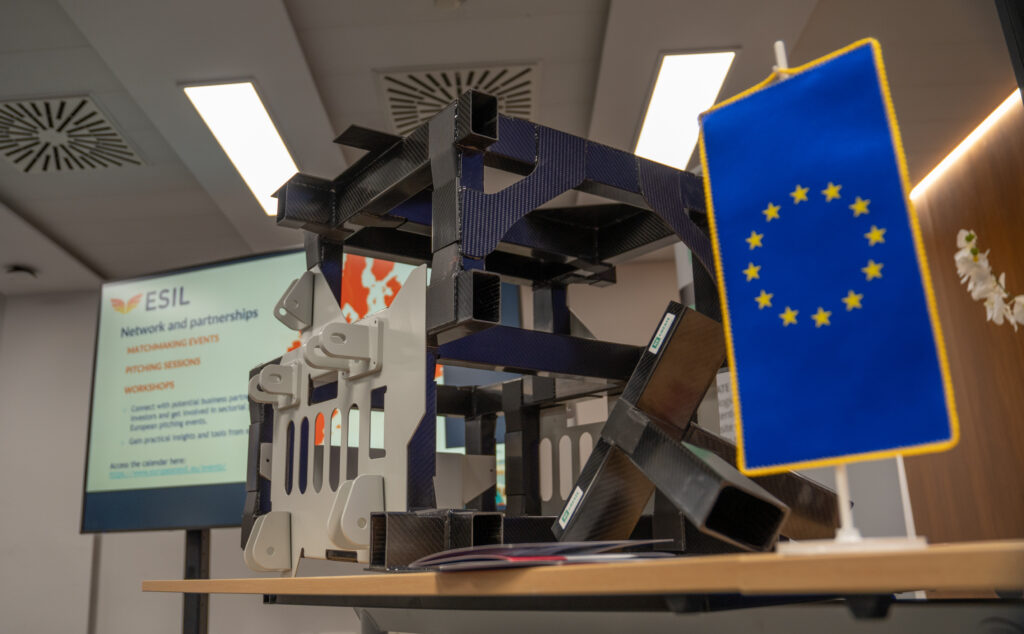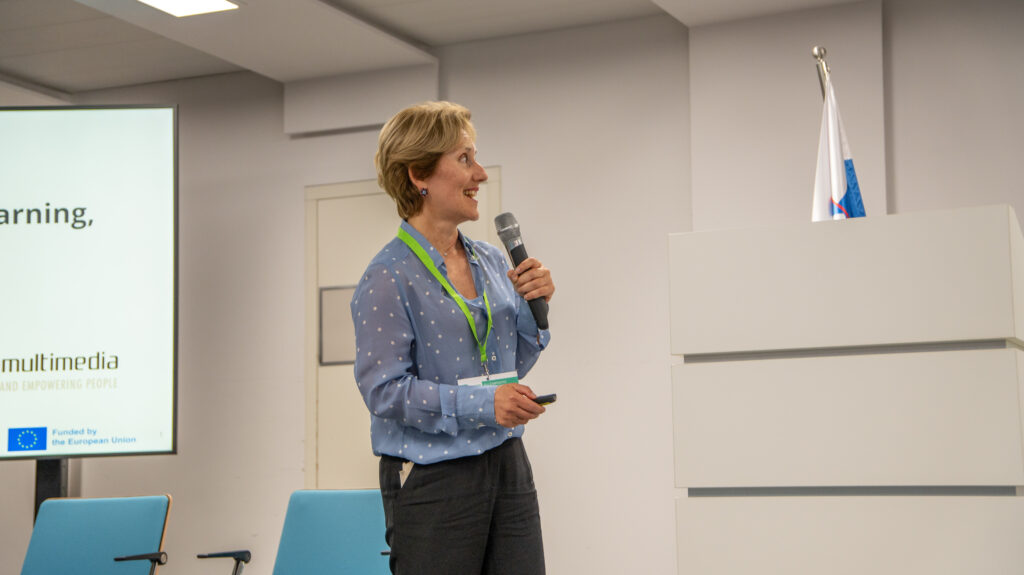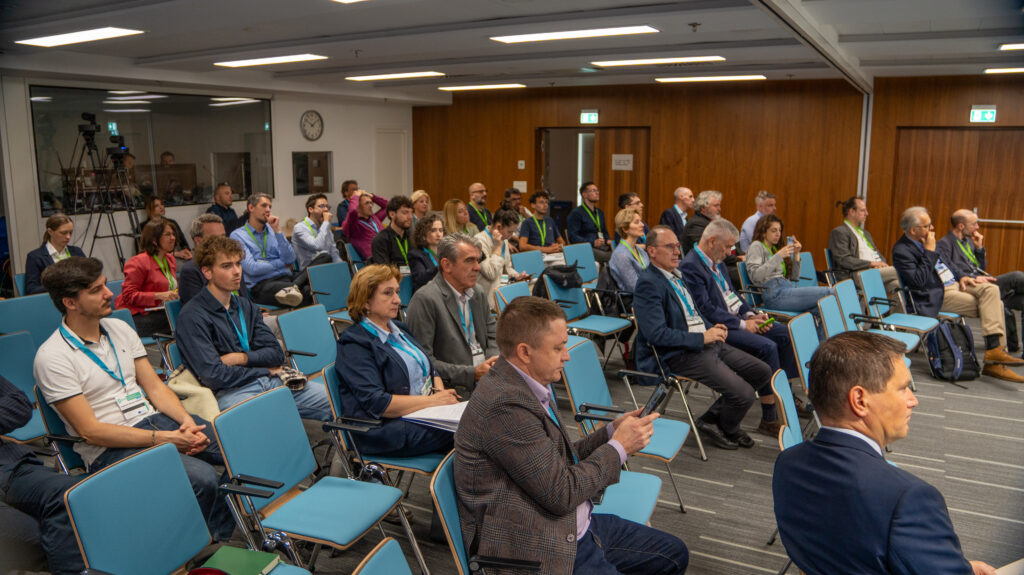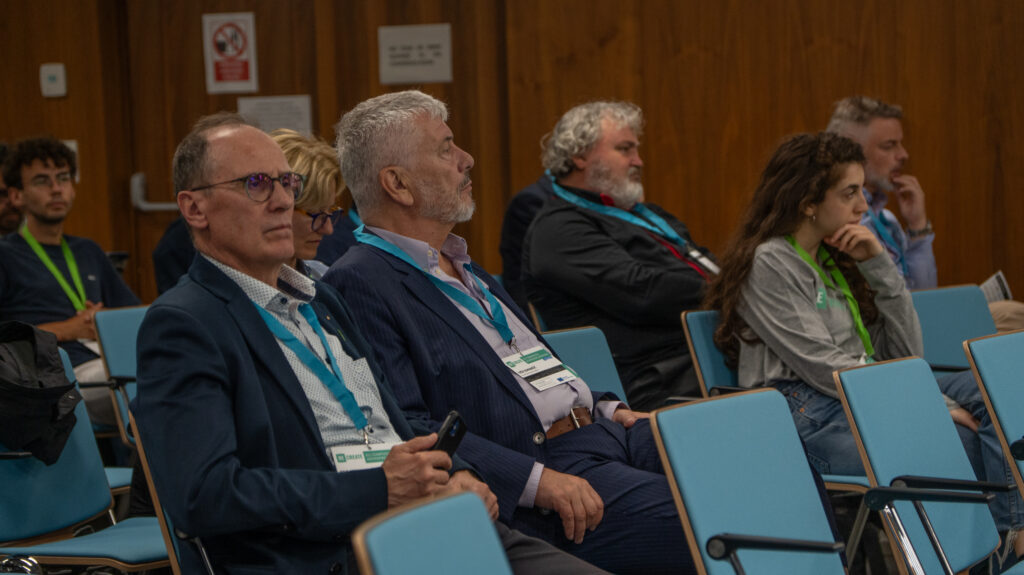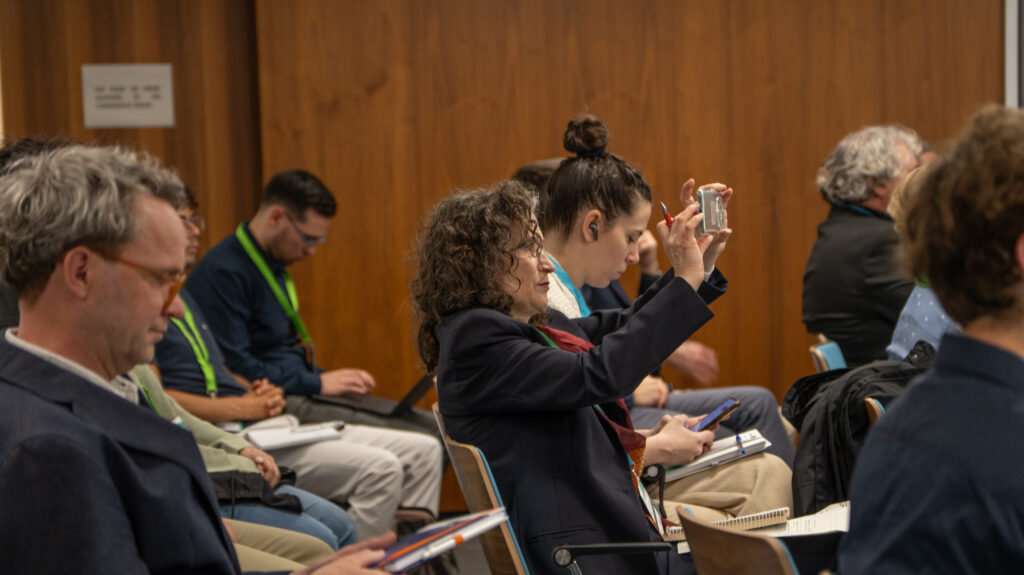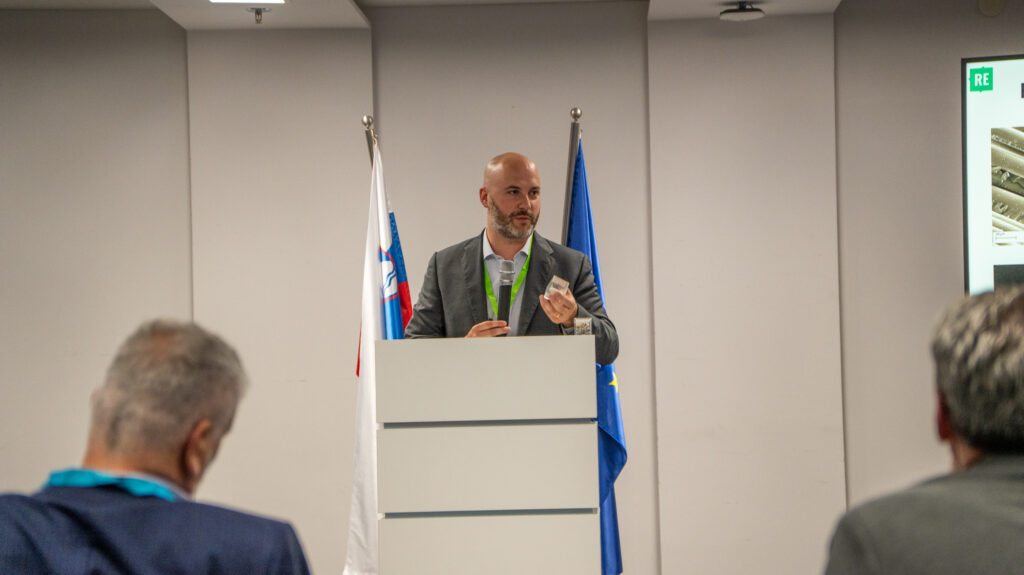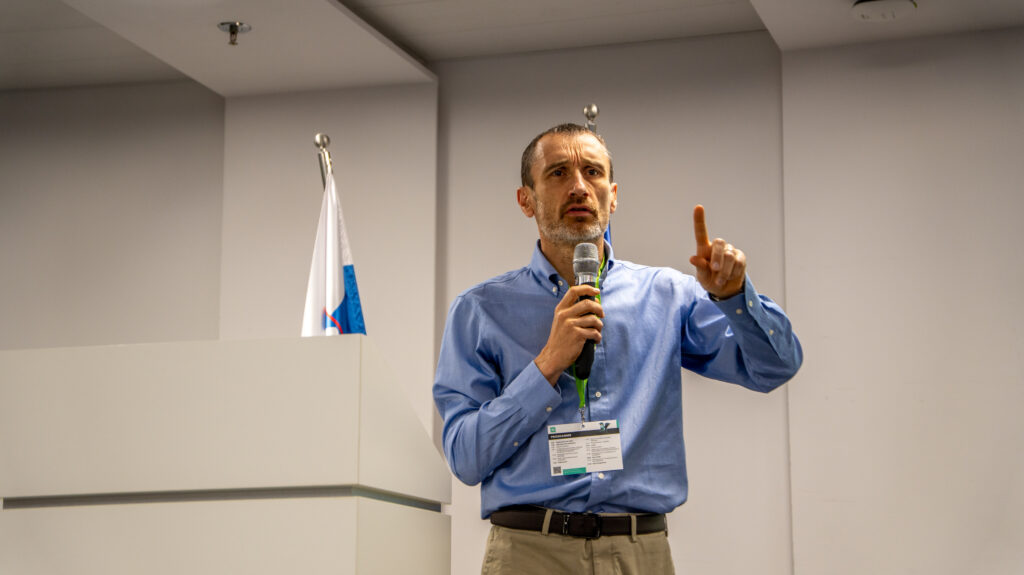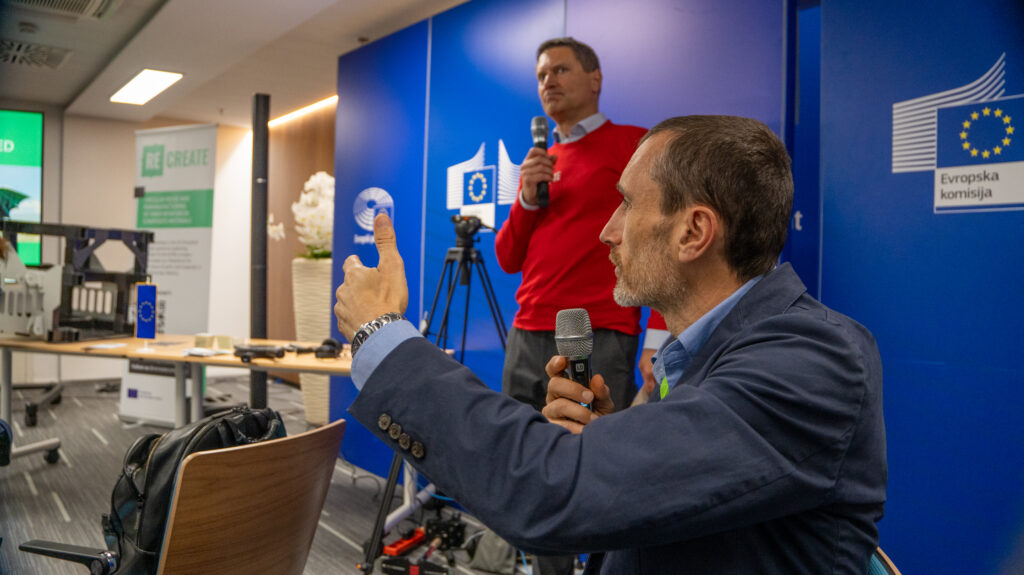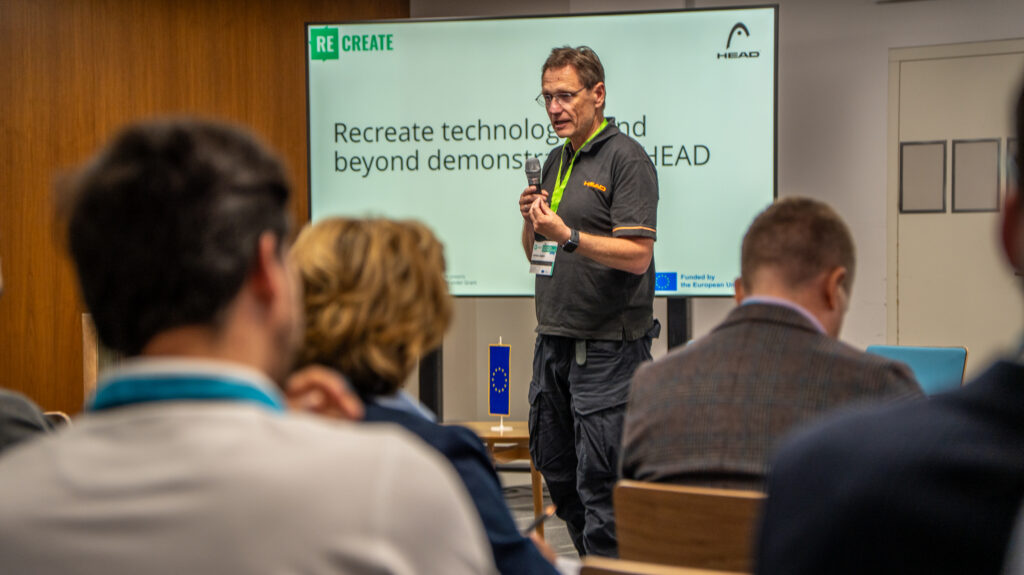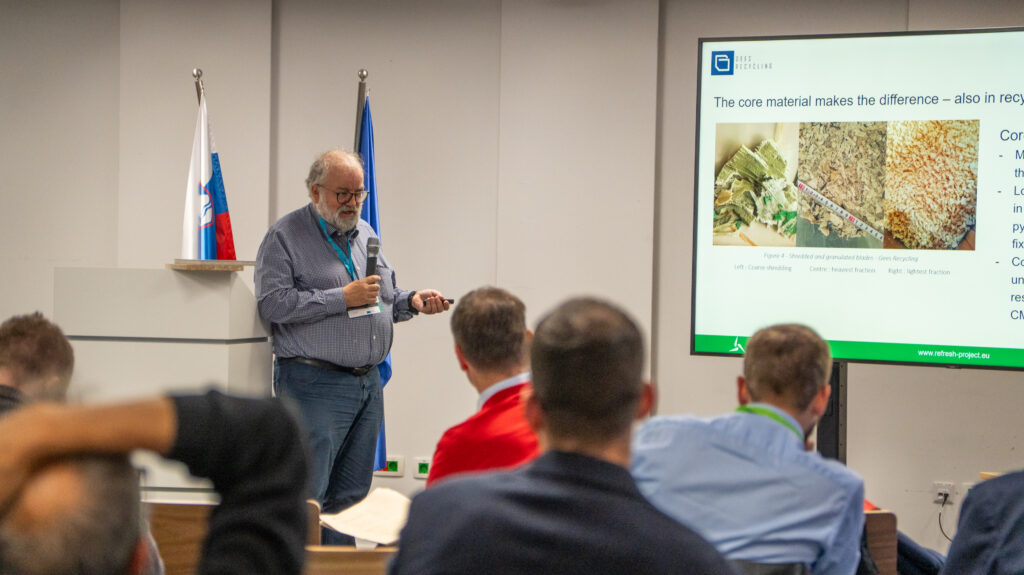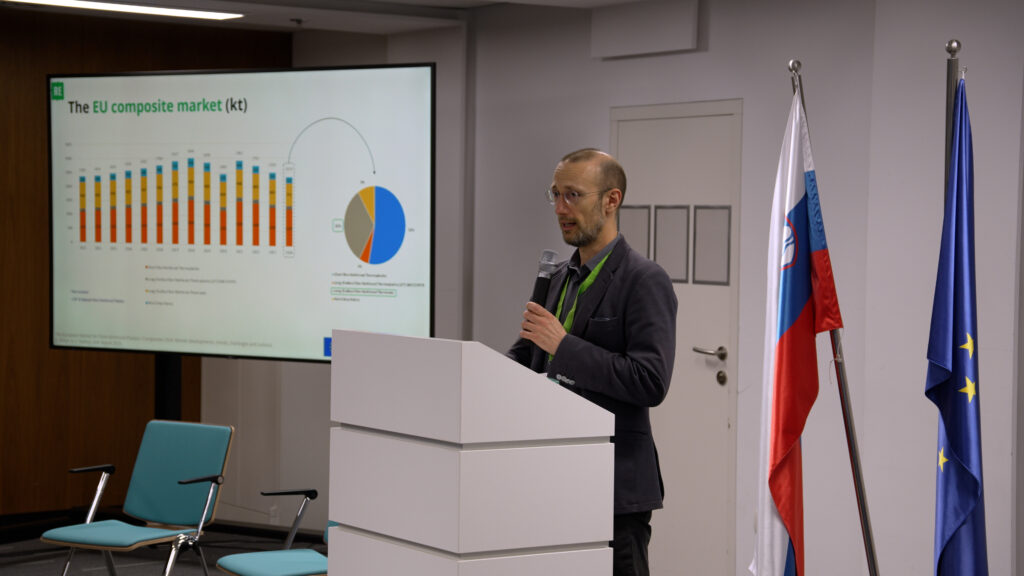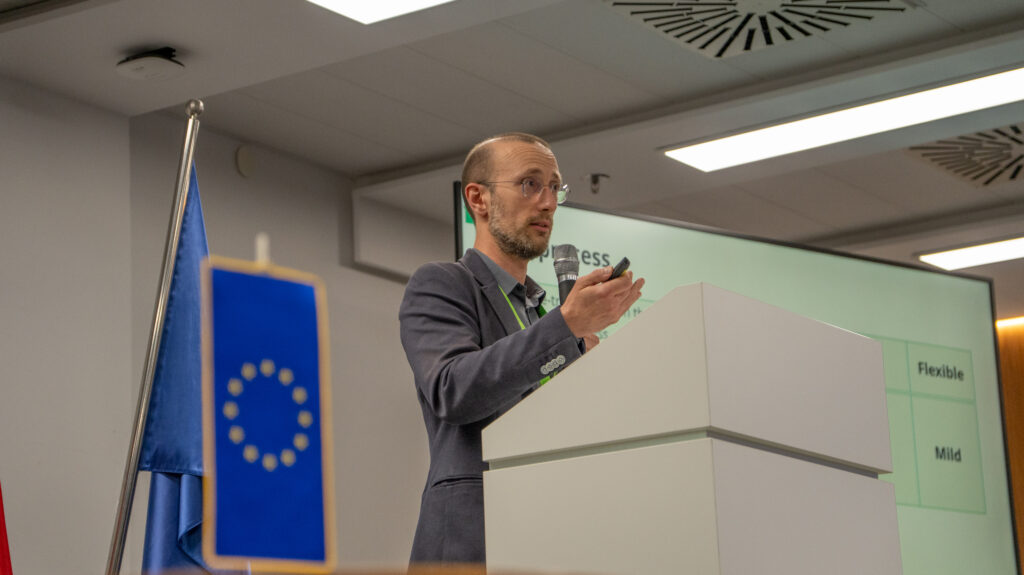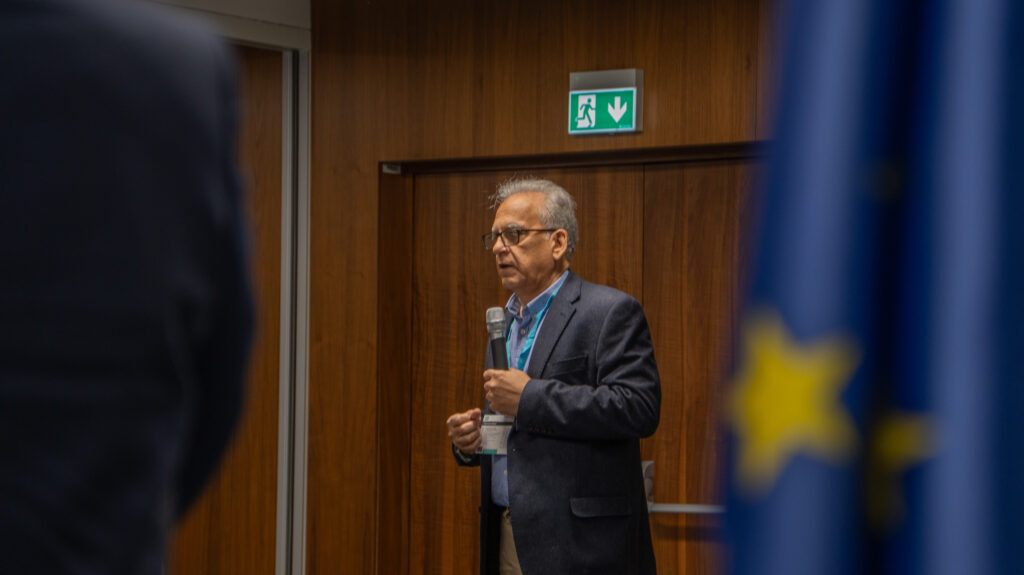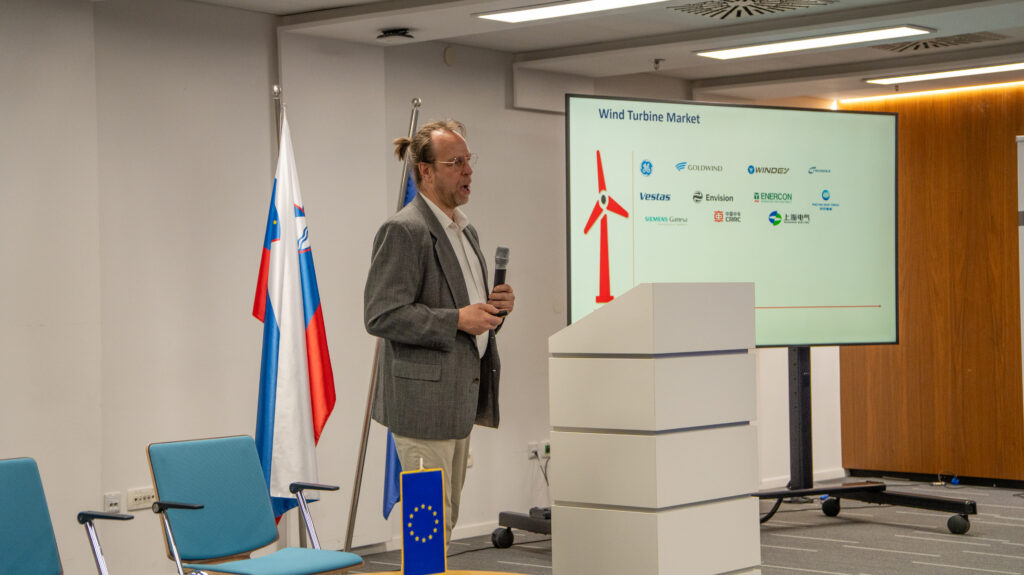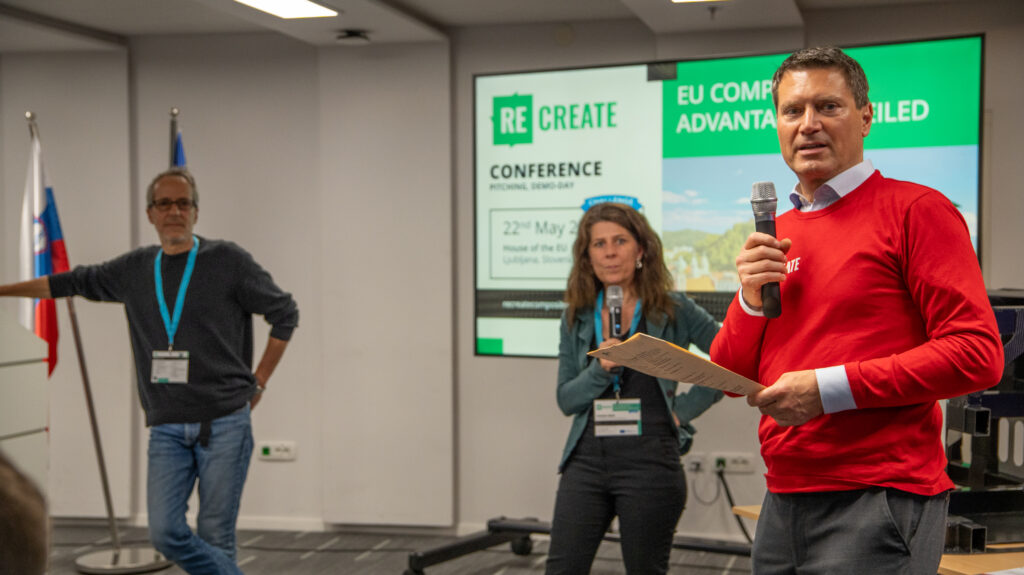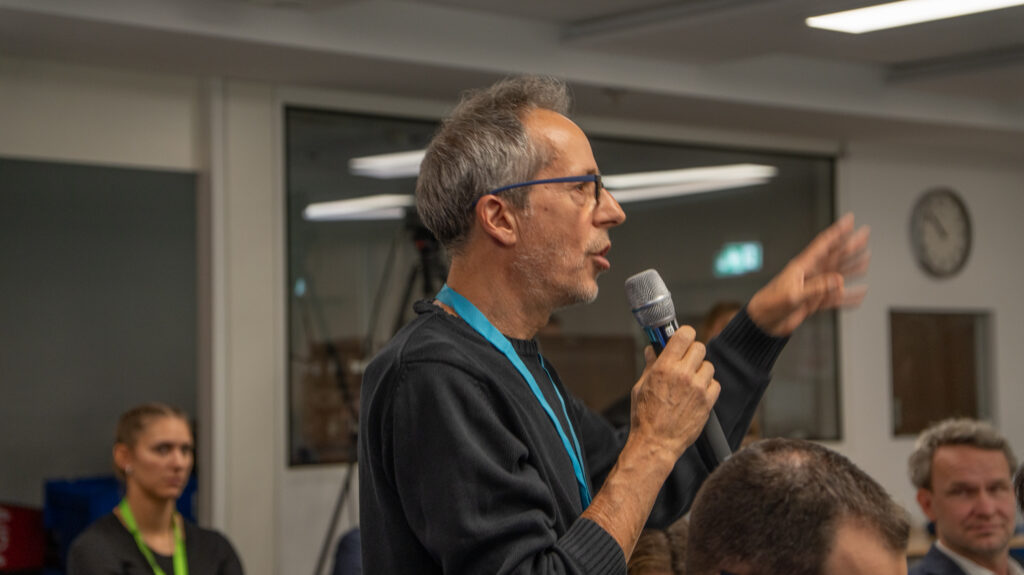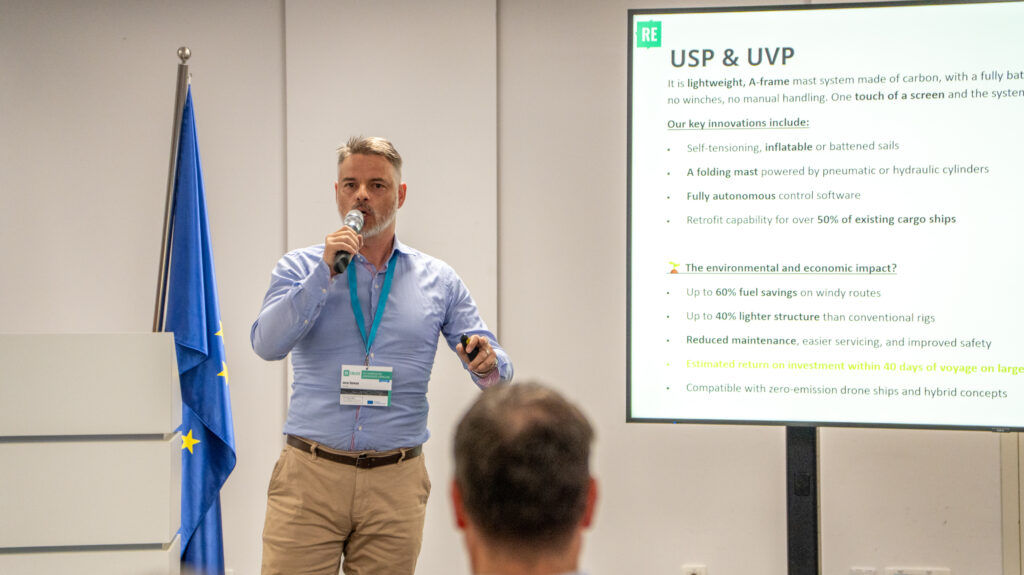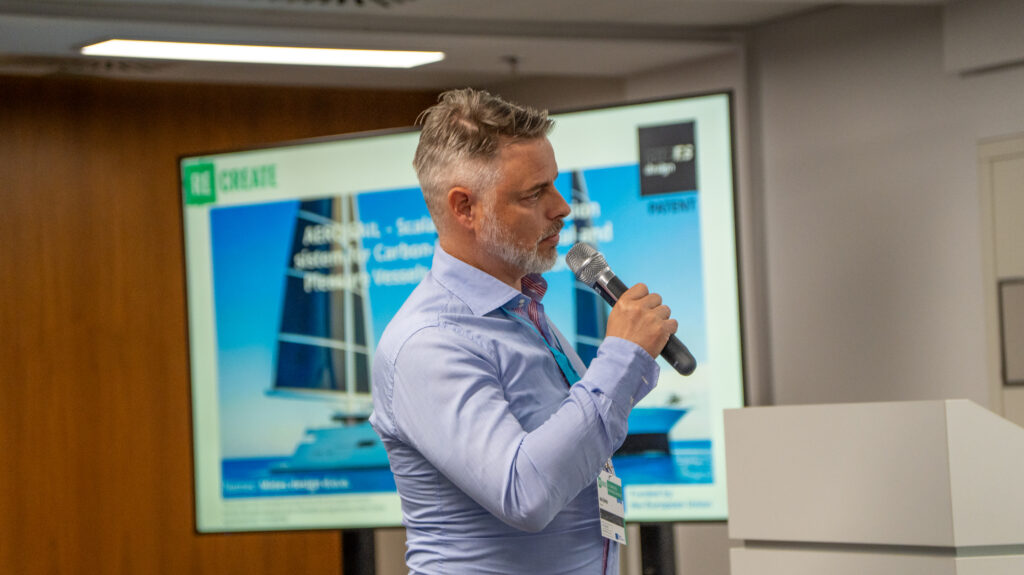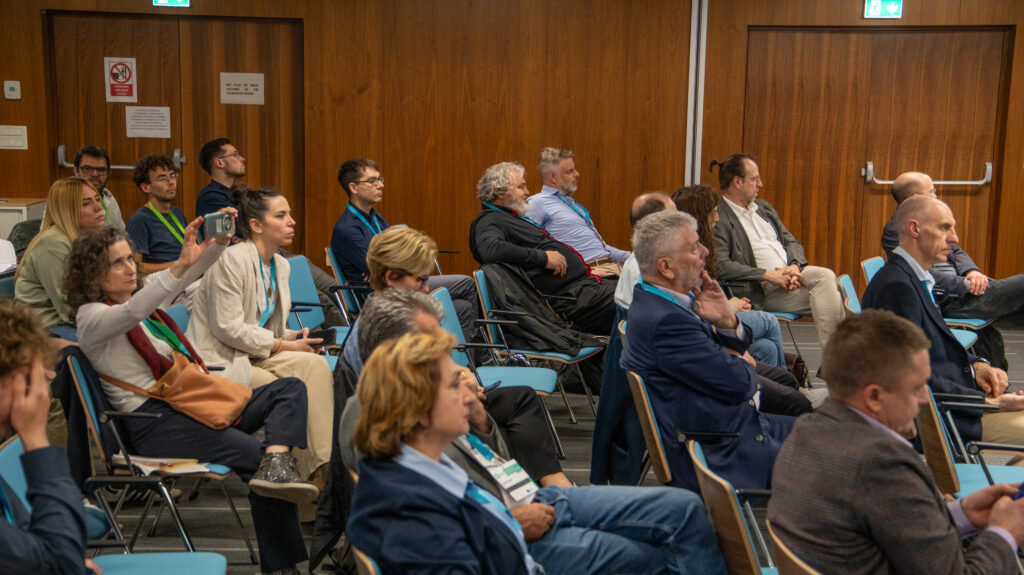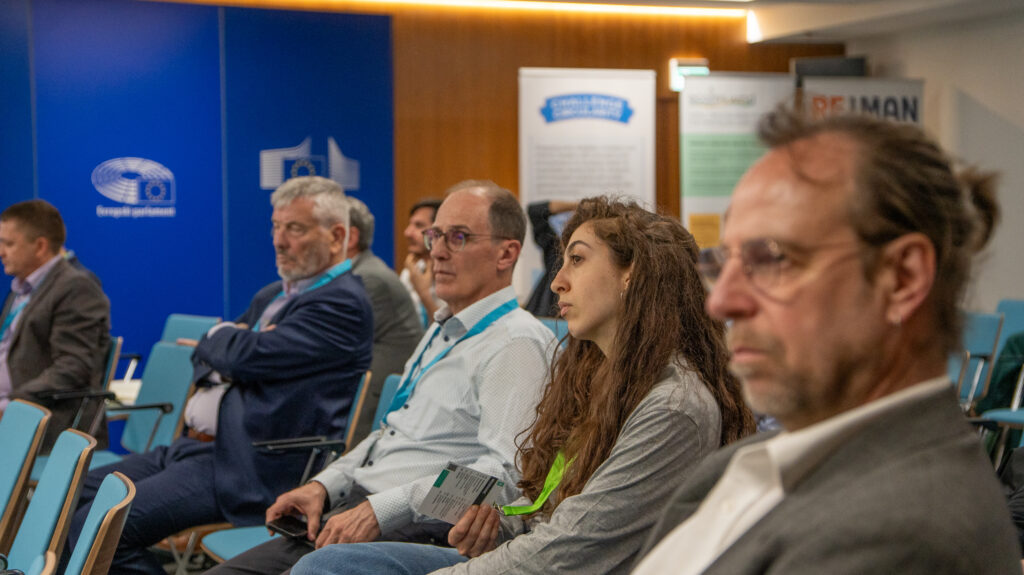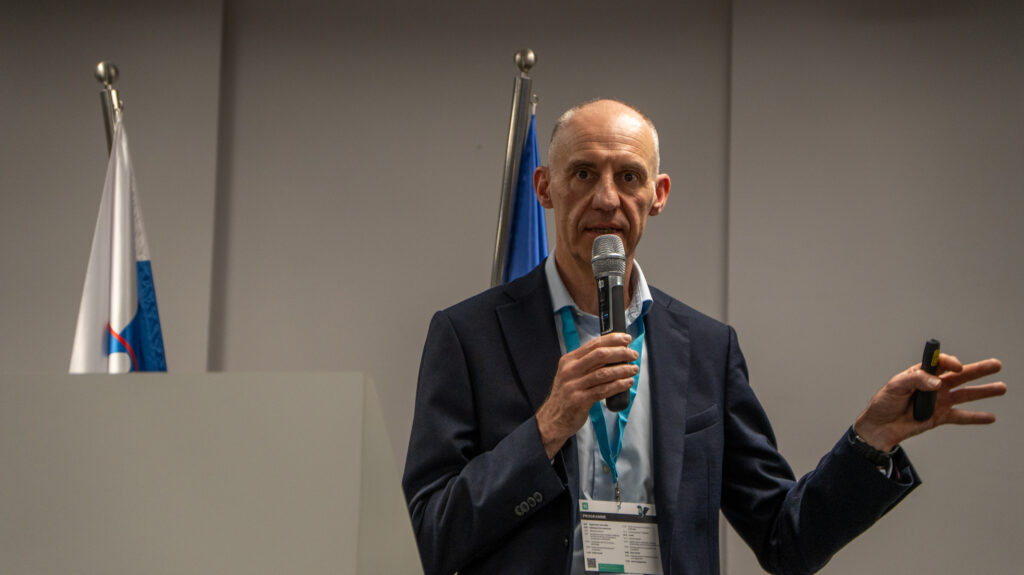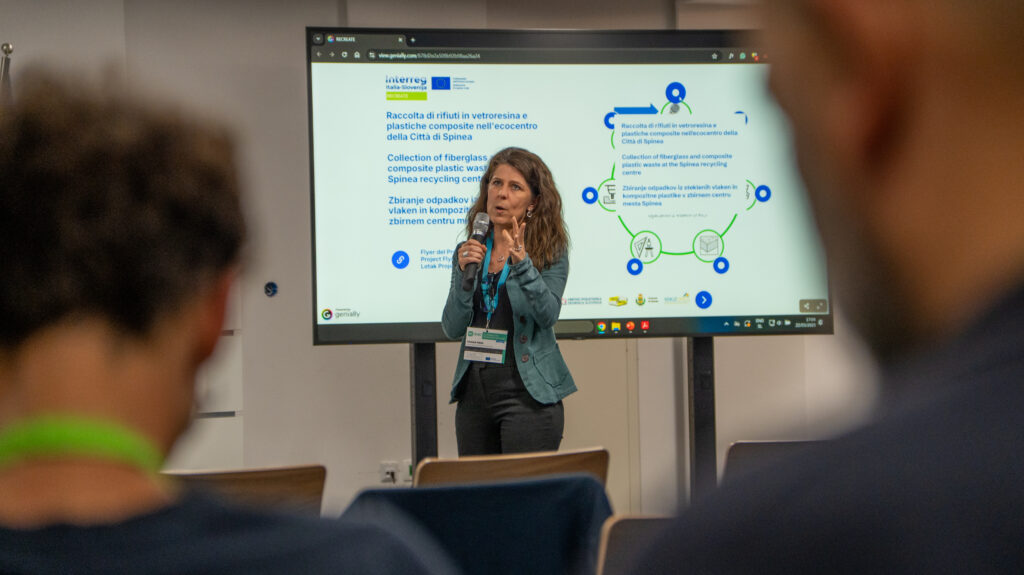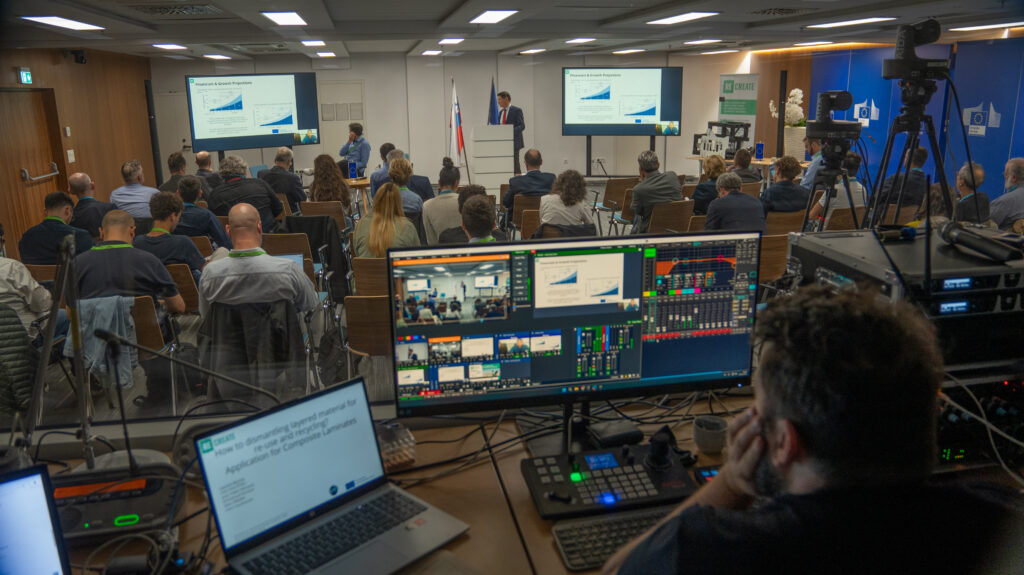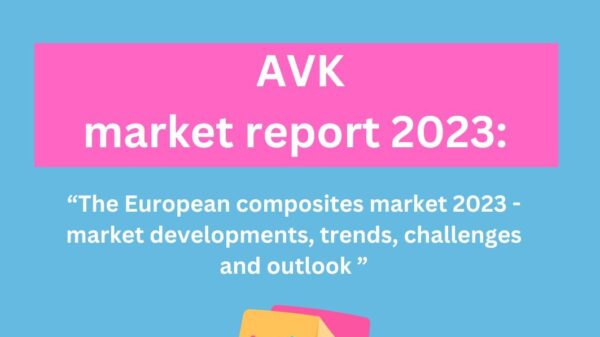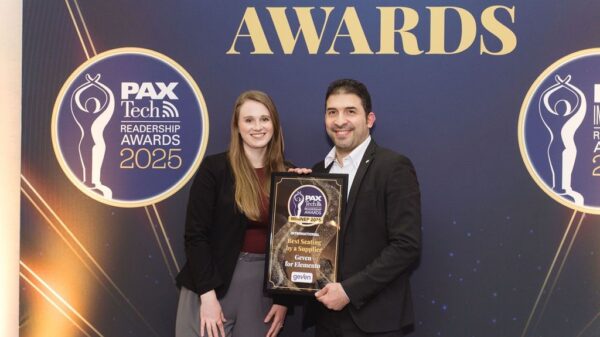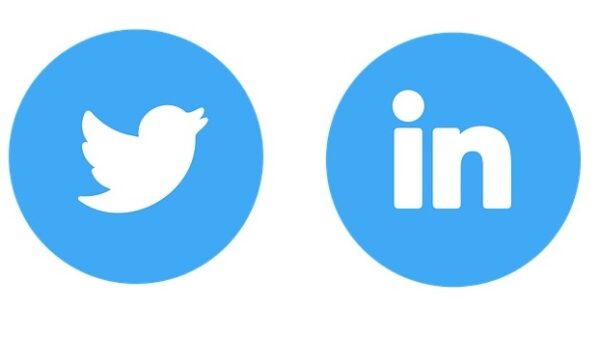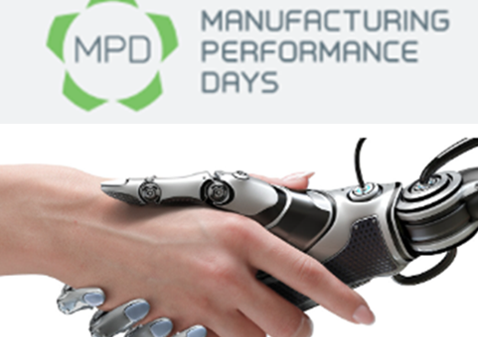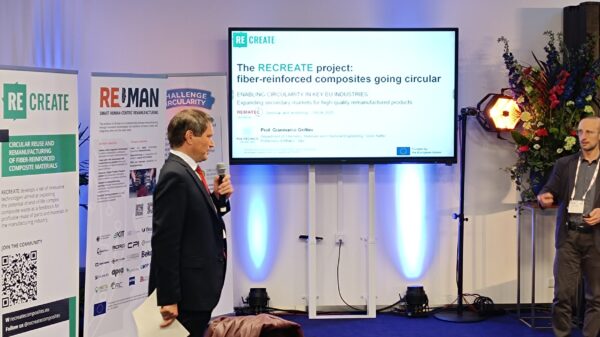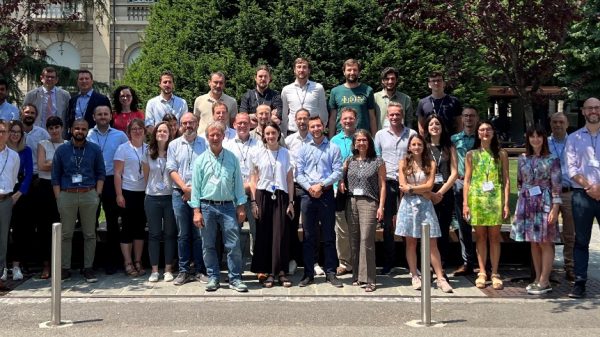The RECREATE Conference EU Composites Advantage Unveiled, held on 22nd May 2025 at the House of the EU in Ljubljana, brought together more than 100 participants from across Europe to explore the role of circularity in the future of the composites industry. The event hosted by RECREATE was organised as part of the “Challenge Circularity” series, an activity curated by META Circularity under the Circular Business Academy.
The programme featured 12 state-of-the-art innovations and advanced technologies for reusing and remanufacturing carbon- and glass-fibre composites— critical to the EU’s transition towards a circular economy deriving from several EU co-financed initiatives including: REFRESH, EOLIAN, EureComp and RECREATE Ita-Slo. The main focus remains on implementing them through circular business models that would allow for a fast uptake into several EU industries such as automotive, aerospace, maritime transportation, wind energy and sports equipment.
In her opening remarks, Jerneja Jug Jerše, Head of the European Commission Representation in Slovenia, stated that: “The green transition will only be successful if we unlock the potential of circular value chains. Projects like RECREATE are essential to this transformation—bringing together innovation, collaboration, and policy.”
George Kotsikos, Policy officer from European Commission and RECREATE’s Project Officer, emphasised that now is the time for Europe to seize the advantage: “It’s time for Europe and its industry to be bold and become less risk averse by starting to exploit technologies developed in research initiatives such as RECREATE. This should be Europe’s prime driver on its path for material efficiency in many important industries.”
Gianmarco Griffini, RECREATE Project Coordinator, introduced the initiative, emphasising that: “One of key goals of our initiative is to rethink and redesign products to avoid excessive waste and make them easier to reuse, recycle and remanufacture. We not only want to close the loop for composite materials, but also to open doors—to new business models, to cooperation, and to a more sustainable and circular industrial future.”
Market analysis shows that EU can make it
Luka Gentilini of Haiki+ Cobat and Volker Mathes of German Association for Fiber Reinforced Composites (AVK) addressed the current composite market trends. Luca explained: „Growth drivers in the European composites market are mainly related to the growth of renewable energy importance, regulatory focus on sustainability and innovation adopting advanced materials.”
In this respect Volker emphasised: “Europe will likely never be able to compete with the USA and Asia in terms of price and production volumes. However, we have a strong opportunity to gain an advantage through sustainable and regenerative solutions, an area where we currently lead thanks to our academic and research focus. It is crucial to act now. While we appear to be on the right path, we must remain at the forefront to successfully navigate the transition.”
Do you research and talk to the right investors
During the investors panel Luigi Amati, Honorary chairman of Business Angels Europe, encouraged innovators to reach out to business angels: “Investing in deep tech companies and technology transfer has recently become very popular with business angels. There are now groups of green angels that are focused on sustainable solutions”. He also directed researchers to explore different instruments including ESIL, Eureka fund and Tech4Planet.
Mark Kalin of ABC Accelerator explained what he looks for when investing in early-stage companies: “My main focus is on the team, I have to see that they are committed, transparent and have a clear strategy.” Mark also emphasised that it is important to address the right investors: “There are many different types of investors each with a more specific area of expertise, that’s why it is important to do your research before reaching out.”
Key to success: designing ecosystem around composites innovations
Luca Genitlini emphasised the importance of creating an ecosystem with output market as this gives added value to the technologies that enable regeneration of waste. In this sense four other initiatives joined the discussion including another RECREATE initiative, an Interreg Italy-Slovenia, demonstrating cross-border circular economy model between that evolved into a local ecosystem involving a number of local partners and the local population, particularly the citizens of Spinea (VE). REFRESH, EureComp, and EOLIAN initatives futher demonstrated how Europe is advancing solutions for composite waste generated by decommissioned wind turbines, aviation, marine, and automotive sectors.
Photos and all presentation are available below.

